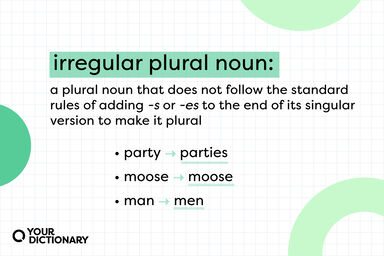The second caller was a lady friend of Fred's by the sound of the muffled conversation.
He and his lady friend were drunk, at least it sounded like it, laughing and all.
His shirttail was out and he looked like the lady friend had put him through his paces.
He's probably with some lady friend right now, in one of the motels or in the motor home.
How far the Christian feeling of the 4th and 5th centuries was from being settled in favour of the employment of the fine arts is shown by such a case as that of Eusebius of Caesarea, who, in reply to a request of Constantia, sister of Constantine, for a picture of Christ, wrote that it was unlawful to possess images pretending to represent the Saviour either in his divine or in his human nature, and added that to avoid the reproach of idolatry he had actually taken away from a lady friend the pictures of Paul and of Christ which she had.





